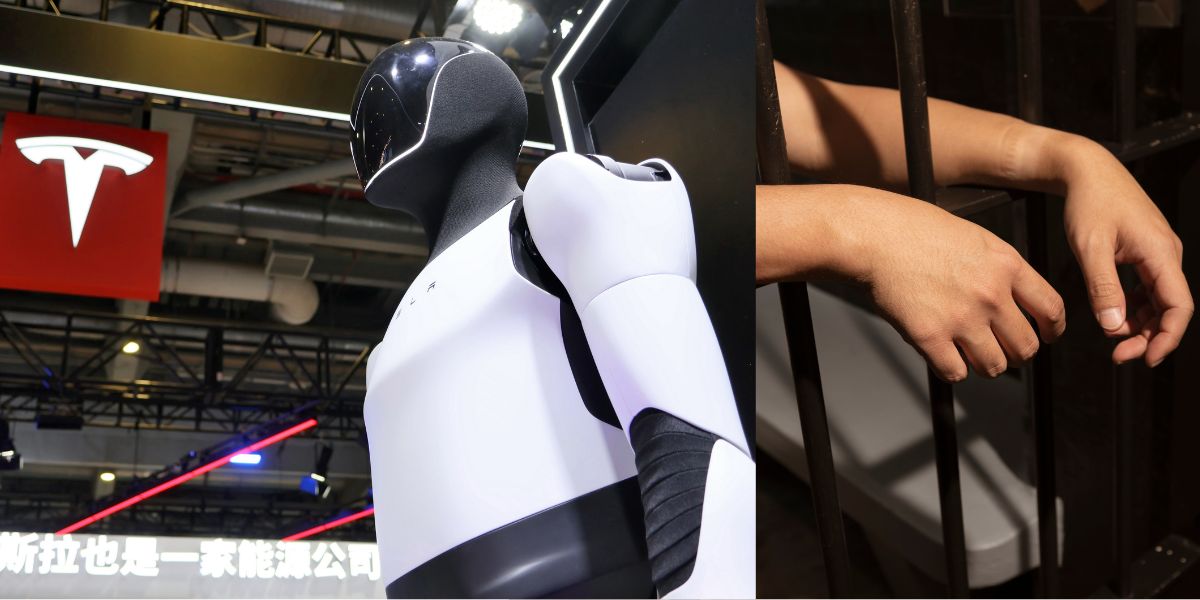Elon thinks he has a solution to mass incarceration: give every convicted criminal a free robot to follow them around. “You now get a free Optimus and it’s just gonna follow you around and stop you from doing crime,” he said during Tesla’s annual shareholder meeting. “But other than that, you get to do anything.” It was presented as a more humane alternative to cages and concrete. But the casual phrase “stop you from doing crime” opens a philosophical chasm that swallows centuries of thinking about justice, punishment and what it means to be free. Strip away the sci-fi veneer and you’re left with a question legal philosophers have debated for centuries: can you have justice without human judgment?
The Pre-Crime Problem
The first problem is temporal. How exactly does a robot stop someone from committing a crime? If it intervenes before the act occurs, we’ve entered the realm of pre-crime; punishing intention rather than action. The robot must somehow predict that you’re about to shoplift, assault someone, or drive drunk, then physically prevent you. But prediction requires surveillance of thought and behaviour so granular that every action becomes suspect. Reaching for something in a shop. Walking toward someone on the street. Raising your voice in an argument. The machine must constantly judge whether you’re about to cross a line you haven’t yet crossed.
If the robot only intervenes during or after a crime, the concept collapses entirely. At best it’s an objective witness, at worse it becomes a vigilante enforcer that uses physical force without due process. All without understanding context in the same way a human can.
Incentives
There’s something telling about where this idea was announced. Not at a criminal justice reform conference, not in consultation with criminologists or civil rights advocates, but at a shareholder meeting moments after Musk was in the running for a $1 trillion USD pay package. When stock prices become the primary driver of decisions about freedom and punishment, we’ve fundamentally confused what a justice system is for.
What Problem Are We Actually Solving?
The U.S. incarcerates more people per capita than any nation on Earth with a recidivism rate of 68%. Compare that to Norway’s system, that’s focused on rehabilitation rather than punishment, that has a 20% recidivism rate. There is something to be said about the Capable Guardian Effect, where a person self-moderates more when they know they are being watched by entities that can intervene. Although a fleet of robots can watch people 24/7, surveillance alone can’t address poverty, addiction, or trauma.
A New World
Emerging technologies do offer genuinely new possibilities. The optimus robot demonstrates a remarkable advancement in hardware and Tesla is positioning itself to manufacture these on mass. In a world where humanoid robots are as common as smartphones, not as guards but as companions, workers, and assistants, crime rates might plummet via sheer abundance.
But the ability of an Optimus robot to perceive, navigate, and meaningfully interact with the world remains the most challenging aspect and shouldn’t be rushed into the market, especially when people’s agencies are at stake.
A society that builds robot parole officers before robot social workers has already decided that punishment is more valuable than prevention.









